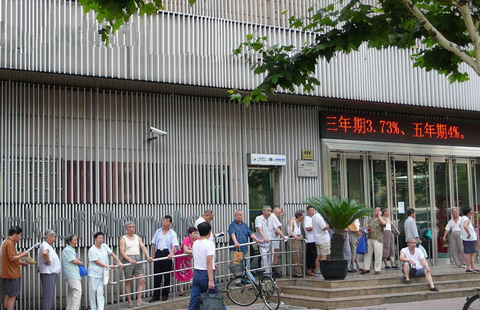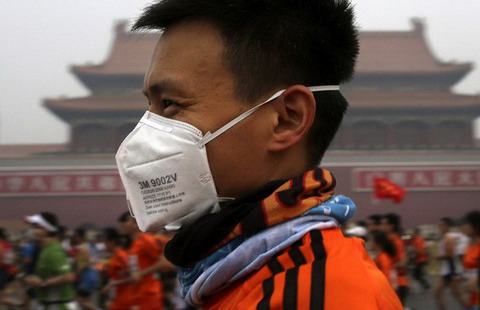A fight that has to be won
(China Daily) Updated: 2014-10-27 07:44Other Views
Party discipline is usually stricter than laws in fighting corruption, but the punishments it hands down are not. If an official who is also a Party member accepts a small amount of money as gift, he will violate Party discipline but not the law. It is hoped that the Fourth Plenum of the 18th CPC Central Committee will strengthen the measures to regulate the use of power.
Ma Huaide, vice-dean of China University of Political Science and Law, Beijing Youth Daily, Oct 24
Party discipline is not without drawbacks. Some are based on outdated principles, while others lack detailed clauses. It has to be improved to fight corruption more effectively.
Zhen Xiaoying, former vice-dean of and professor at the Central Institute of Socialism, cyol.com, Oct 26
The anti-corruption drive may have deterred officials from openly embezzling funds, but some are waiting for supervision to loosen to restart their criminal acts. The decisions of the Fourth Plenum, which emphasized that the fight against corruption would be long term, have shattered their illusion.
people.com.cn, Oct 23
The rule of law should apply to the Party as well. Also, the Party must regulate its officials so that their actions do not violate either the Constitution or other laws. That may be a huge task for the Party, given that it has more than 80 million members, but it must be done.
Qiang Shigong, professor of law at Peking University, ccdi.gov.cn (official website of Central Commission for Discipline Inspection), Oct 24
Some Party officials used to ignore the law while exercising their powers, believing that they could escape punishment. Now that the Central Commission for Discipline Inspection has made it clear that the rule of law will prevail within the Party as well, corrupt officials will realize that they cannot escape the long arm of the law.
Beijing News, Oct 25











